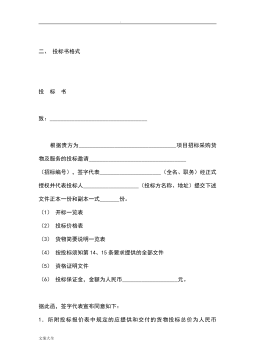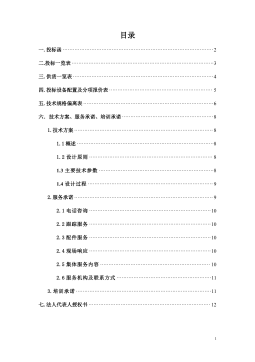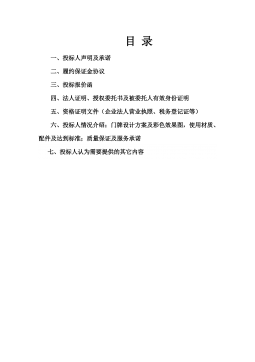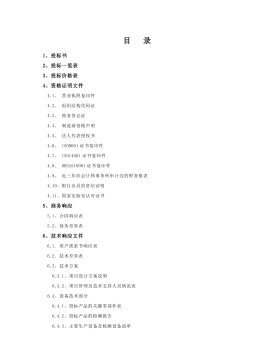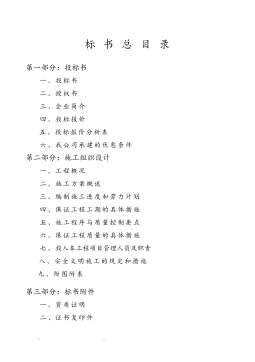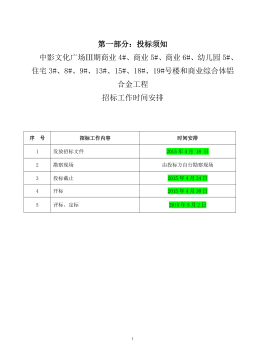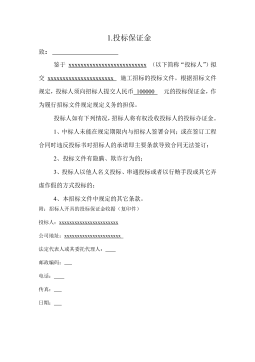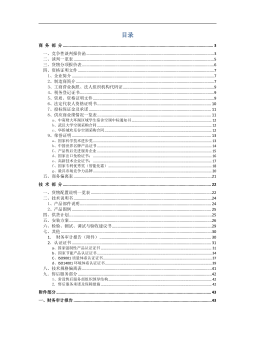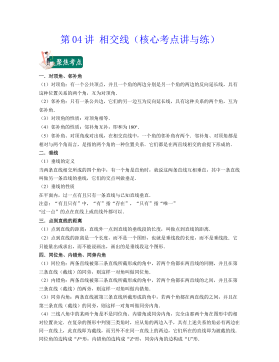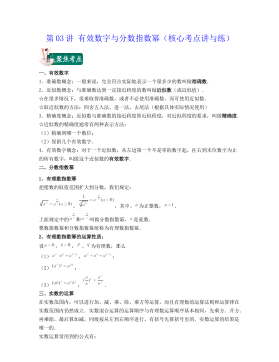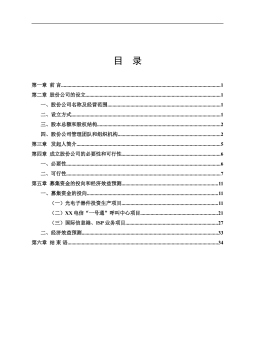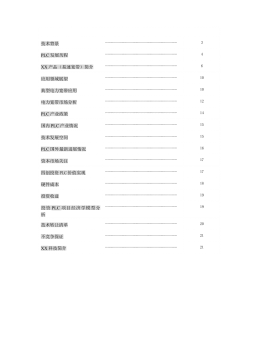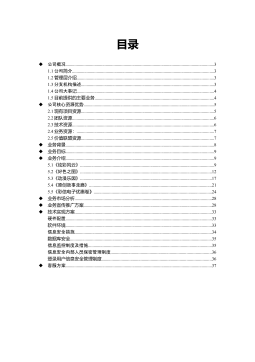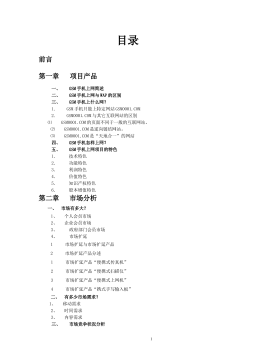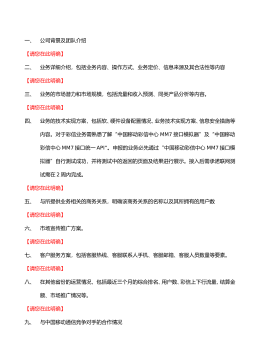促进低碳经济发展的税收政策研究:一个国际比较的视角
VIP免费
浙江财经学院硕士学位论文
3
摘 要
全球气候变暖对人类生存和发展造成严重挑战,一场以新能源革命和低碳经
济为主题的绿色浪潮正在席卷全球。目前,很多国家对发展低碳经济已经采取了
行动,我国是一个处于工业化和城市化阶段的发展中大国,面临巨大的资源需求
和环境压力,要实现经济社会发展的预订目标,必须转变经济发展方式。发展低
碳经济是可行性选择,中国必须尽快采取行动积极应对挑战。
本文按照提出问题、分析问题和解决问题的思路展开论述。第一章导言。第
二章从低碳经济的概念和提出背景出发,从全球气候变暖开始,分析了能源利用
与二氧化碳排放的关系、中国能源消费与二氧化碳排放特点,本文从全球历史累
计排放量、人均排放量、二氧化碳排放强度、二氧化碳排放演变过程等多个角度
分析了各国的二氧化碳排放历史与特点,以此来说明不同国家对全球气候变化应
承担的共同但有区别的减排责任原则。第三章,从理论与实证方面分析了税收介
入低碳经济的理论基础。第四章对国内外低碳经济实践进行了比较分析,列举各
国低碳经济新政。分析了欧盟国家碳税实践及对我国的借鉴。第五章对我国开征
碳税的必要性和可行性进行分析,对运用动态一般均衡模型模拟碳税征收对国民
经济的影响进行分析。第六章提出构建我国低碳税收政策体系,促进我国经济向
低碳化发展。本文选题从理论和实践角度来看,都具有一定的学术价值和实践价
值。
具体而言,本文有以下创新点主要有:①.明确界定了“低碳税收”的内涵,
认为低碳税收是指促进低碳经济发展为目标而设计征收的税种统称。根据低碳经
济的性质以及我国税制设计的特点,低碳税收包括碳税和资源税,环境税,能源
税,消费税等。②.分析了低碳税收的理论基础,首先通过运用外部性和庇古税、
公共产品理论对税收介入低碳经济的理论基础进行阐述,最后分析了税收政策效
应在发展低碳经济中的作用。③.详细介绍国际上低碳经济实践和低碳税收情况,
分析评价了一些国家的碳税。对资源税和环境税的功能性差别进行深入分析,提
出了在我国开展碳税的理论依据。④.提出了构建我国低碳税收的政策建议,笔者
认为我国目前可以根据国情和我国经济发展的阶段,提出分阶段开征碳税的主张,
给企业过渡期,激励企业加强节能减排,更新技术,走低碳发展之路。同时提出
构建我国低碳税收政策体系的思路,开征独立环境税,完善资源税制,扩大消费
税征税范围。
关键词:低碳经济;碳税;新能源;建议
浙江财经学院硕士学位论文
4
ABSTRACT
Global warming to human survival and development of serious challenges to the
new energy revolution and a low carbon economy as the theme of the green wave is
sweeping the world. At present, many developing countries have taken action to a low
carbon economy, China is a stage of industrialization and urbanization in the developing
country, facing a huge resource demands and environmental pressures, to achieve
economic and social development of the reservation goal, we must change the economic
development way. Is a viable option for a low carbon economy, China must take action
as soon as possible to actively respond to challenges.
This article in accordance with the questions, analyze ideas and solve problems to
start on Chapter Introduction. The second chapter the concept of low-carbon economy
and make background, starting from global warming, energy use and analysis of the
relationship between carbon dioxide emissions, China's energy consumption and carbon
dioxide emissions, this paper historical cumulative emissions from the global per capita
emissions , carbon dioxide emissions intensity, the evolution of carbon dioxide
emissions and other countries point of view of the history and characteristics of carbon
dioxide emissions, in order to illustrate the different countries on the global climate
change should be undertaken to reduce emissions of common but differentiated
responsibility principle. Chapter III, from the theoretical and empirical aspects of the tax
involved in the theoretical basis of a low carbon economy Chapter IV of the domestic
and international low-carbon economy a comparative analysis of practice citing the
New Deal national low-carbon economy. Chapter V of the EU carbon tax practice and
learn from our country, and the necessity of introduction of carbon taxes and feasibility
analysis, the sixth chapter, use dynamic general equilibrium model to simulate a carbon
tax levied pairs of positive impact the national economy analysis. Finally, construction
of low-carbon tax policy system, and promote our economy to low carbon development.
This topic from the theoretical and practical point of view, have a certain academic
value and practical value.
Specifically, this paper has the following innovations are: ①. Clearly define a
"carbon tax" meaning that the carbon tax is to promote low carbon economic
development goals designed collectively, the taxes imposed. According to the nature of
low-carbon economy and the design features of our tax system, carbon taxes and
浙江财经学院硕士学位论文
5
resource taxes, including carbon taxes, environmental taxes, energy tax, a consumption
tax. ②. Analyzes the theoretical basis of low carbon tax, first through the use of
externalities and Pigovian taxes, public goods theory of tax involved in the theoretical
basis of a low carbon economy described, the final analysis of the effects of tax policy
in the development of the role of low-carbon economy 。③. Details of the international
practice of low-carbon economy and low carbon tax case analysis and evaluation of a
carbon tax in some countries, for some countries as a case study. International tax on
carbon taxes include carbon taxes, resource taxes, energy taxes, environmental taxes,
and then come to be learned by analyzing the Department, concluded: The
implementation of the carbon tax countries, experience shows that implementation of
the carbon tax can play a better role in greenhouse gas emissions. ④. On the basis of
international and domestic review, analyzes the effect of the implementation of carbon
taxes, through the dynamic general equilibrium model analysis showed that a carbon tax
on CO2 emissions from the inhibition of the future was. Carbon tax would achieve a
better effect of CO 2 emissions, while a limited impact on the economy. ⑤. Proposed to
build China's carbon tax policy proposals, I believe that China's current situation and
according to the stage of economic development put forward the idea of a phased
introduction of carbon taxes, the transition to the enterprise, encouraging enterprises to
strengthen energy conservation, update technology take the low-carbon development.
Construction of China also raised the idea of carbon tax policy system to study the
introduction of a carbon tax, the introduction of separate environmental taxes,
improving resource tax system, expanding the scope of consumption tax levy
Keywords:Low carbon economy;Carbon tax;The new energy;Advice
浙江财经学院硕士学位论文
6
目录
第1章 导论 .................................................................................................................... 1
1.1 选题背景与意义 ................................................................................................. 1
1.2 国内外研究文献述评 ........................................................................................ 2
1.3 本文框架结构安排 ............................................................................................. 5
第2章 低碳经济理论 .................................................................................................... 8
2.1 低碳经济的界定 ................................................................................................. 8
2.2 低碳经济理念产生的现实背景-气候变暖........................................................ 9
2.3 低碳经济的基本内涵 ....................................................................................... 15
第3章 税收介入低碳经济的理论依据 ...................................................................... 20
3.1 市场经济 政府职能与税收政策 ..................................................................... 20
3.2 低碳经济的外部性与税收政策 ....................................................................... 20
3.3 税收在发展低碳经济中的作用 ....................................................................... 23
第4章 低碳经济发展的税收政策实践:国际经验 .................................................. 25
4.1 国外低碳经济的实践 ....................................................................................... 25
4.2 国外发展低碳经济的税收政策实践 ............................................................... 28
4.3 对我国现行发展低碳经济税收政策的评价 ................................................... 31
4.4 碳税的国际比较及借鉴 ................................................................................... 33
第5章 我国开征碳税的模拟效果分析 ...................................................................... 37
5.1 碳税及其产生的理论基础 ............................................................................... 37
5.2 开征碳税的必要性分析 ................................................................................... 40
5.3 中国实施碳税的影响—动态一般均衡模型分析 ........................................... 42
5.4 中国实施碳税的政策建议 ..................................................................................... 47
第6章 构建我国低碳税制的路径选择 ...................................................................... 48
6.1 低碳税收的设计原则 ....................................................................................... 48
6.2 我国碳税框架设计 .......................................................................................... 49
6.3 其他与低碳经济相关税收政策的完善 ................................................................. 52
参考文献 ........................................................................................................................ 57
附录: 1850 年-2005 年各国CO 2累积排放数据 ( 2
CO )........................................ 60
致 谢.............................................................................................................................. 70
摘要:
展开>>
收起<<
浙江财经学院硕士学位论文3摘要全球气候变暖对人类生存和发展造成严重挑战,一场以新能源革命和低碳经济为主题的绿色浪潮正在席卷全球。目前,很多国家对发展低碳经济已经采取了行动,我国是一个处于工业化和城市化阶段的发展中大国,面临巨大的资源需求和环境压力,要实现经济社会发展的预订目标,必须转变经济发展方式。发展低碳经济是可行性选择,中国必须尽快采取行动积极应对挑战。本文按照提出问题、分析问题和解决问题的思路展开论述。第一章导言。第二章从低碳经济的概念和提出背景出发,从全球气候变暖开始,分析了能源利用与二氧化碳排放的关系、中国能源消费与二氧化碳排放特点,本文从全球历史累计排放量、人均排放量、二氧化碳排放...
作者:李佳
分类:高等教育资料
价格:150积分
属性:60 页
大小:628.9KB
格式:PDF
时间:2024-09-20


